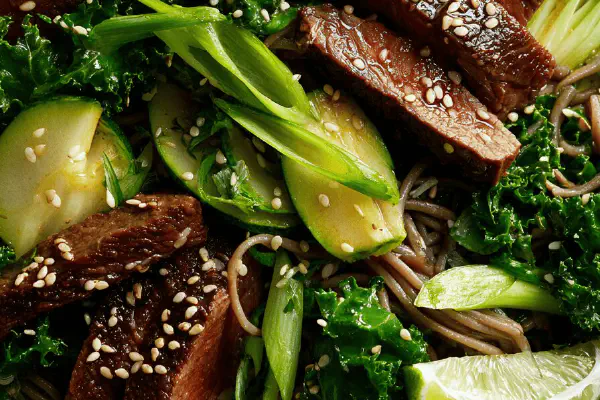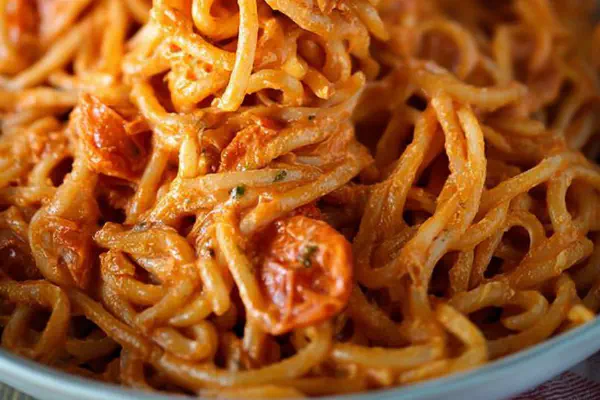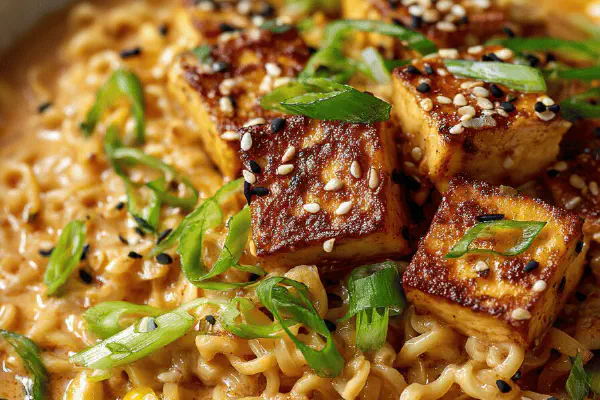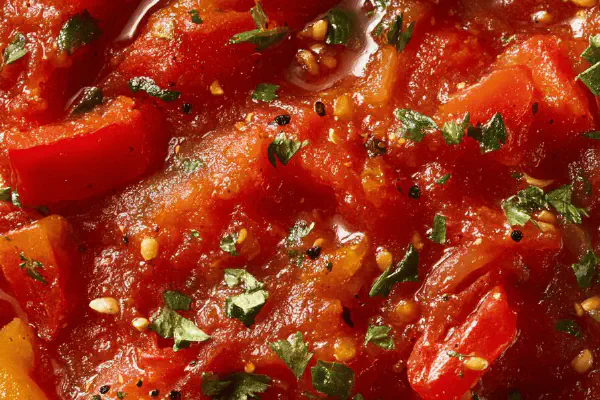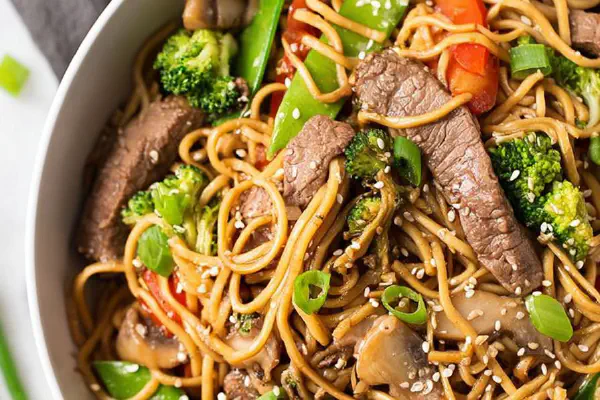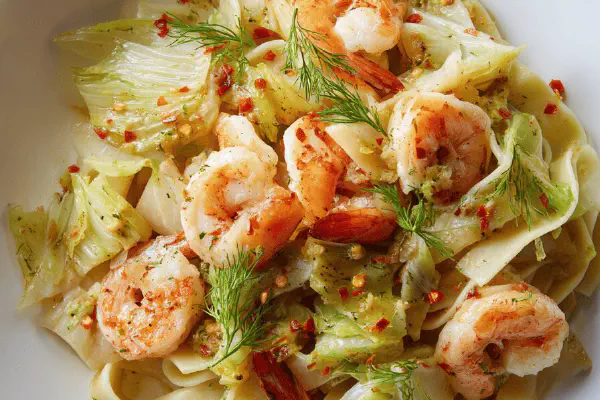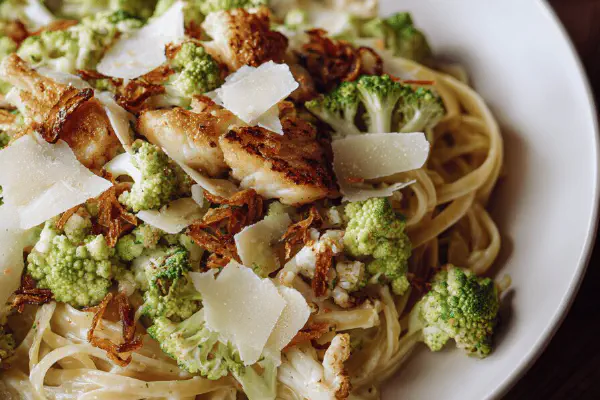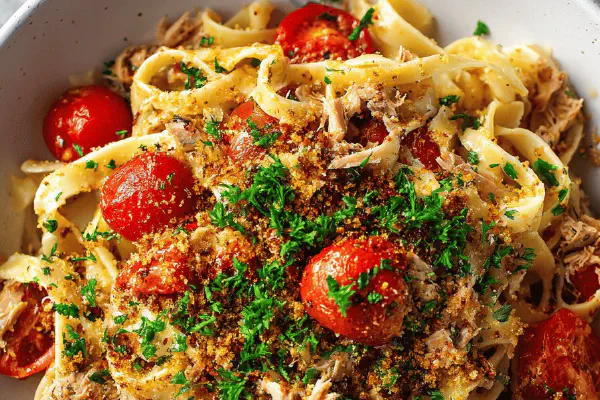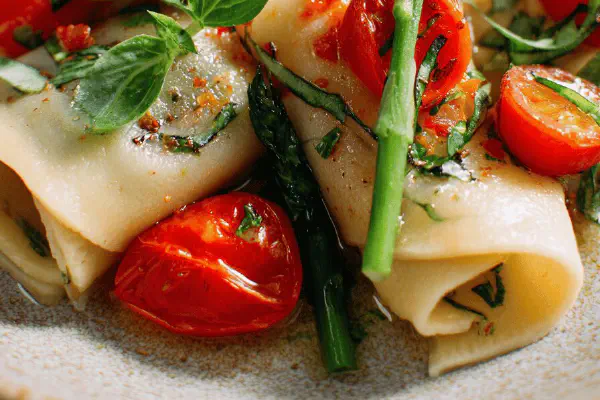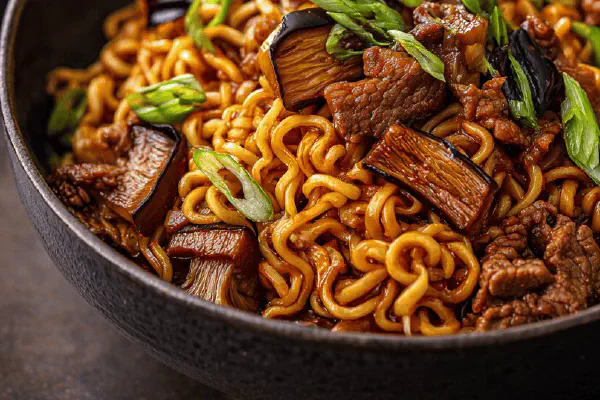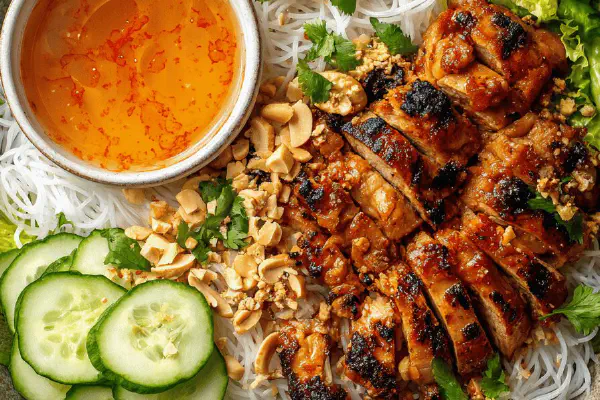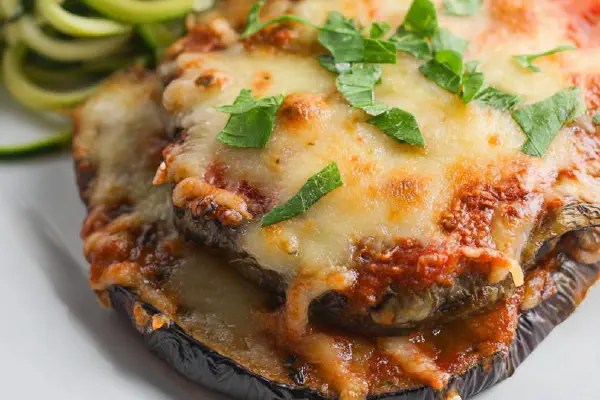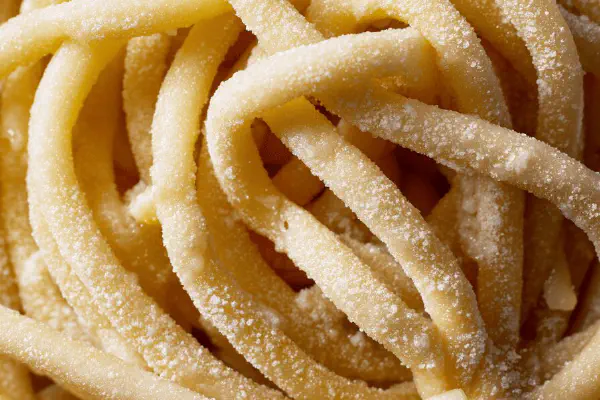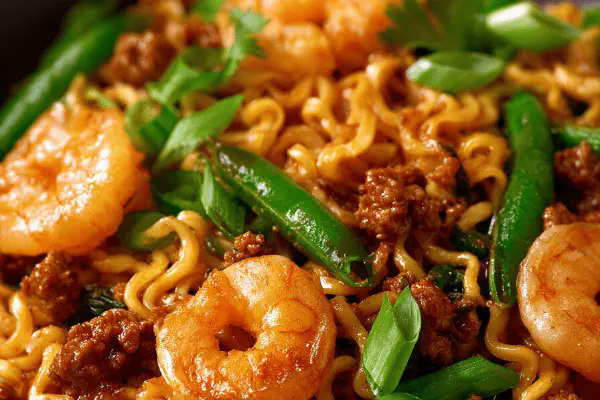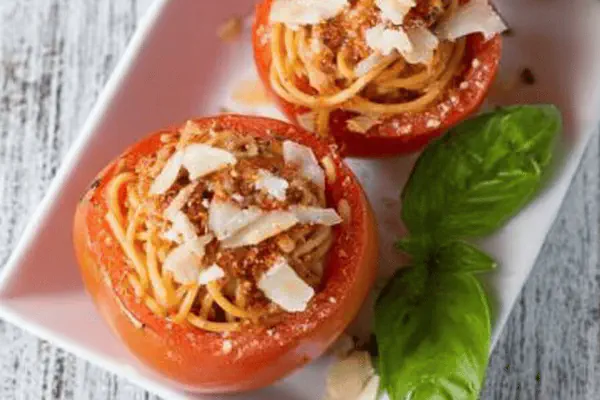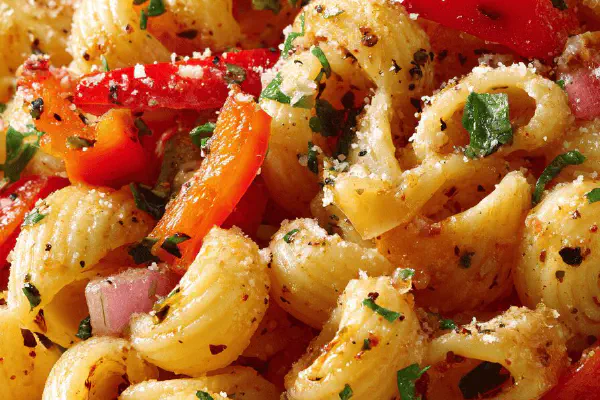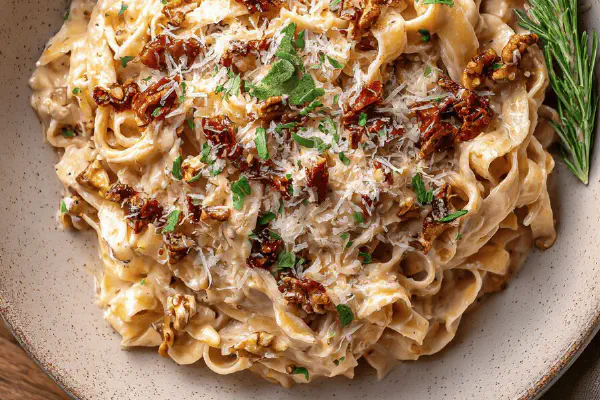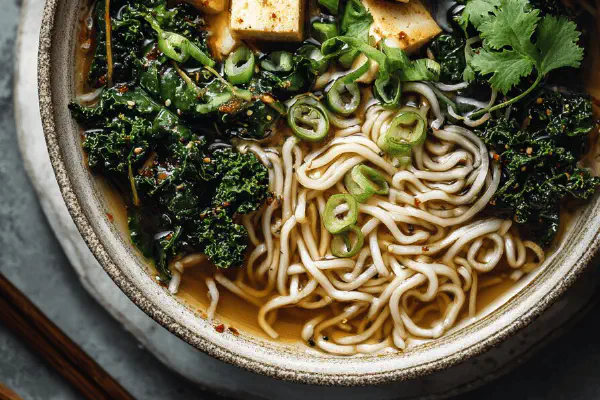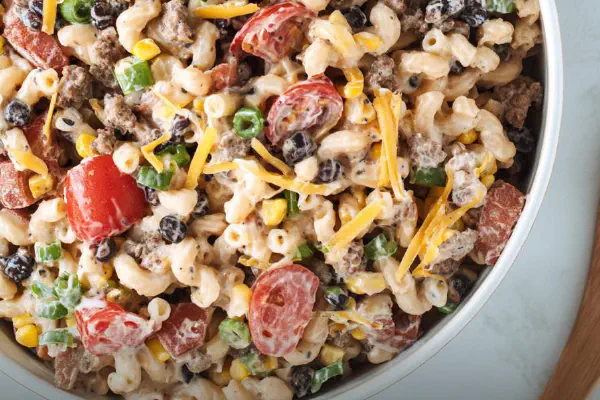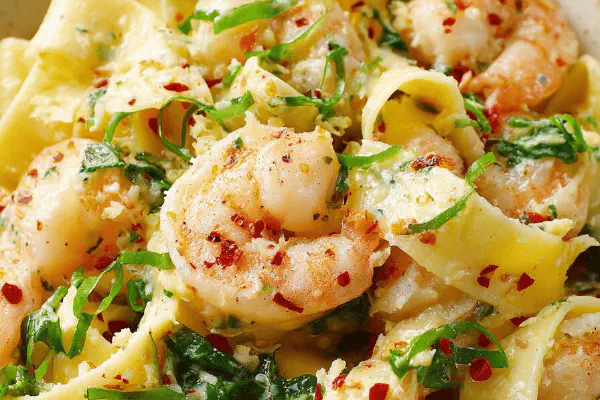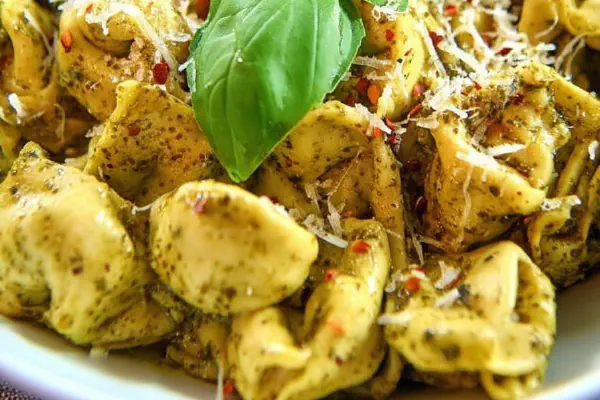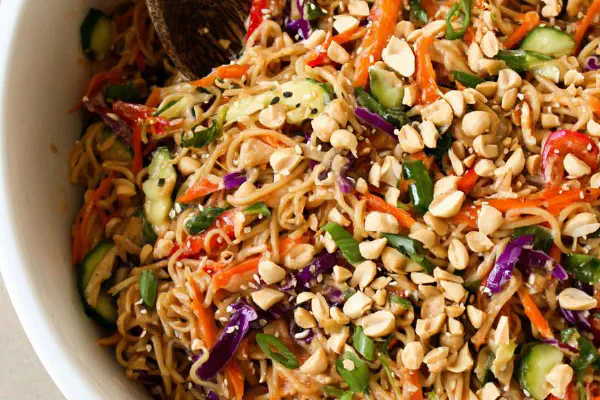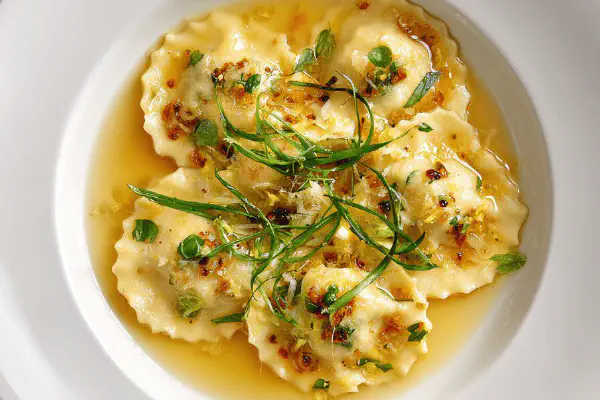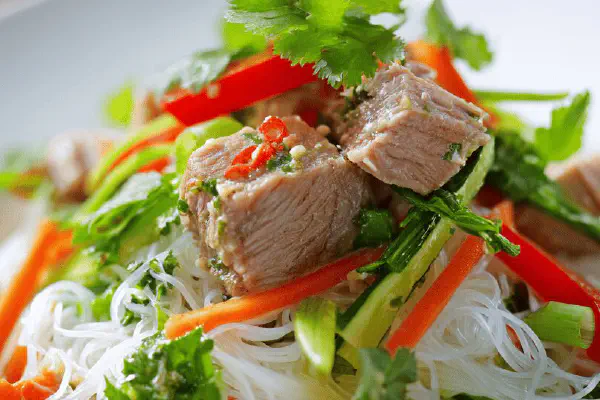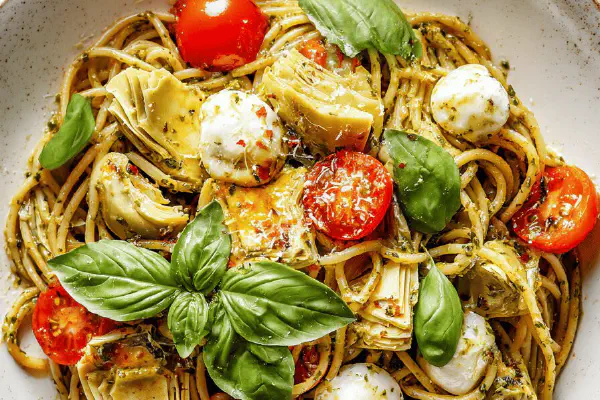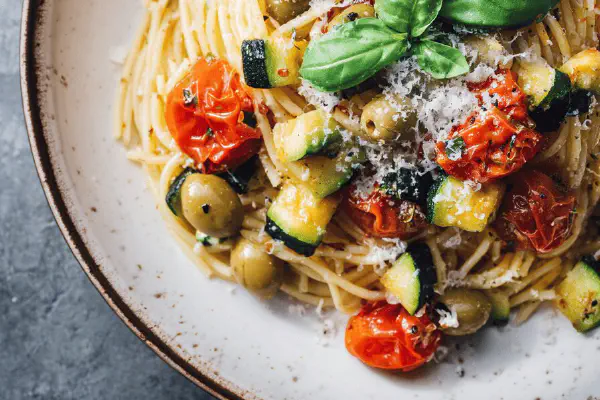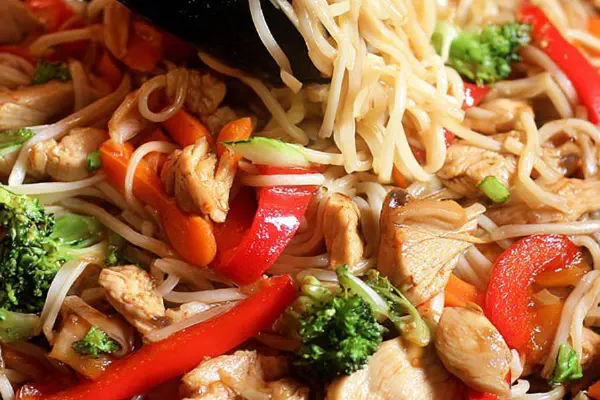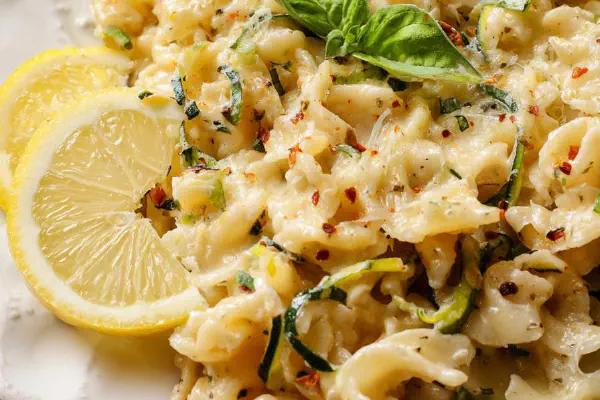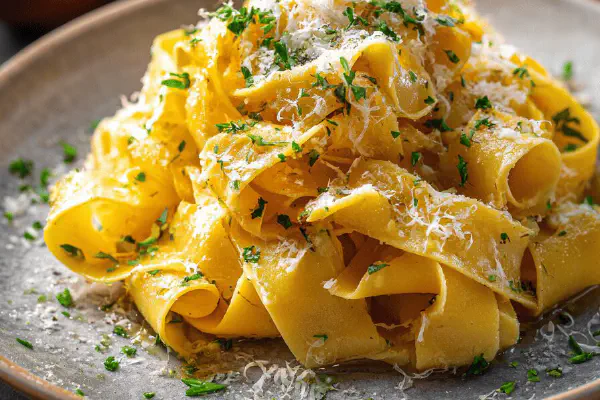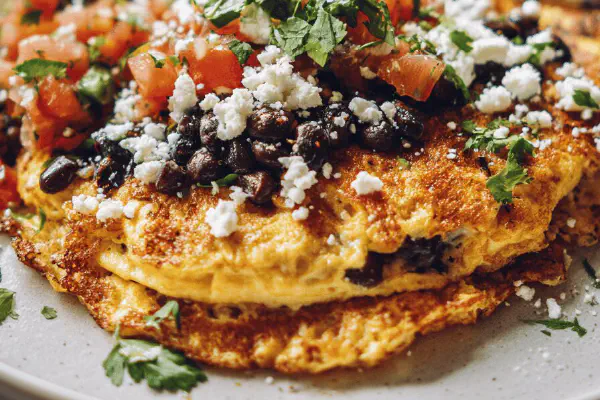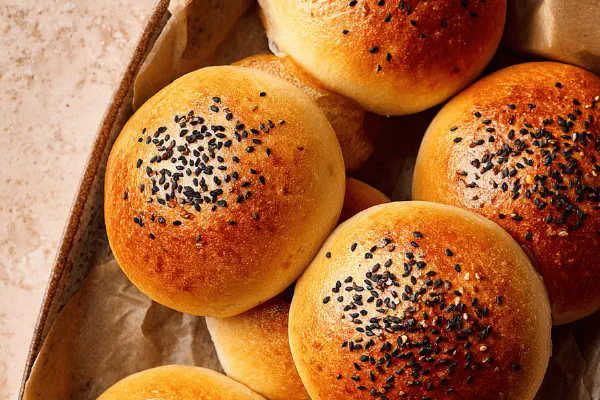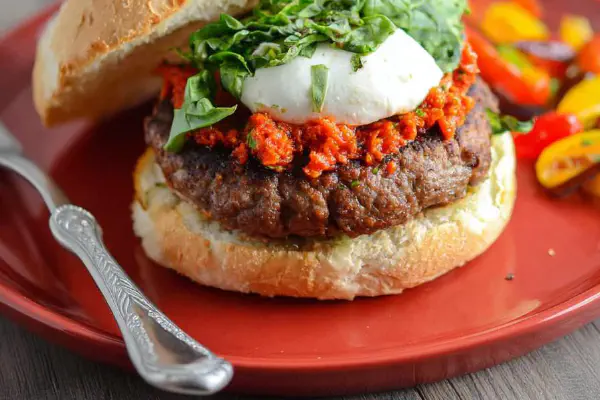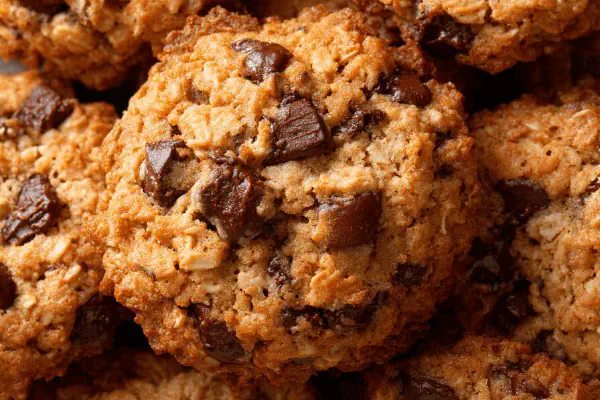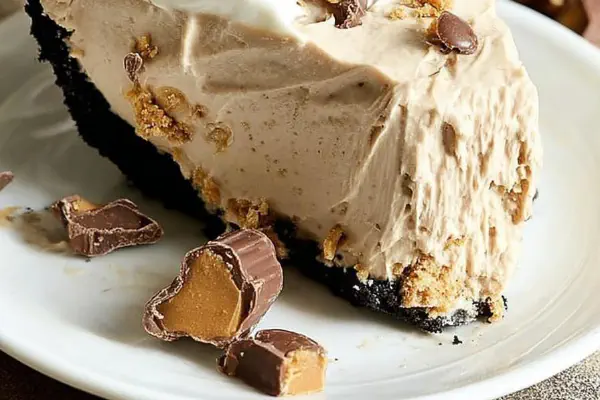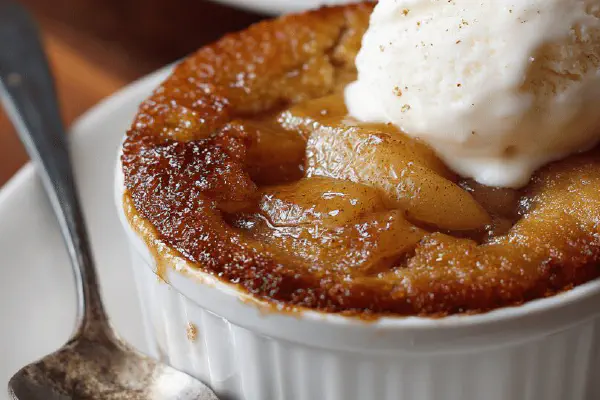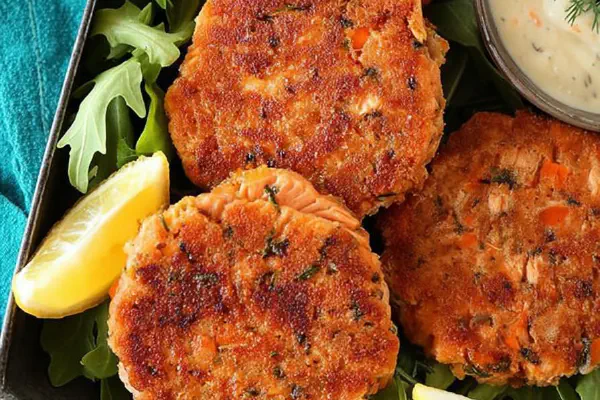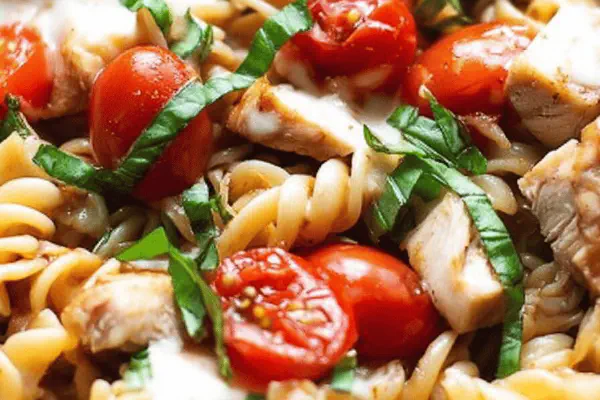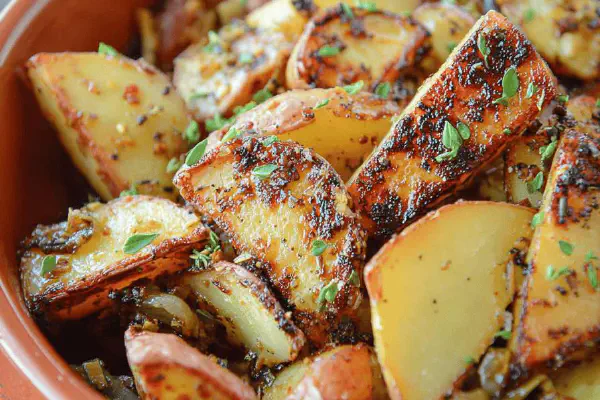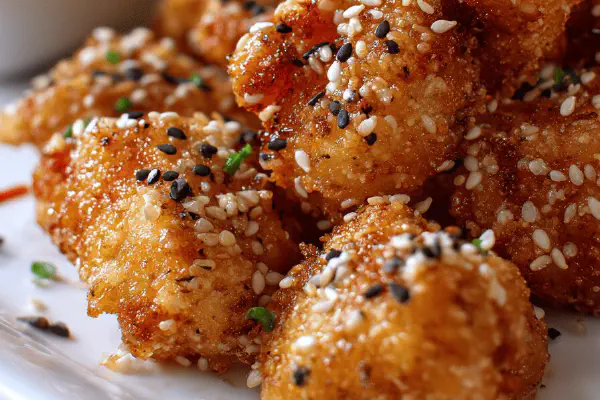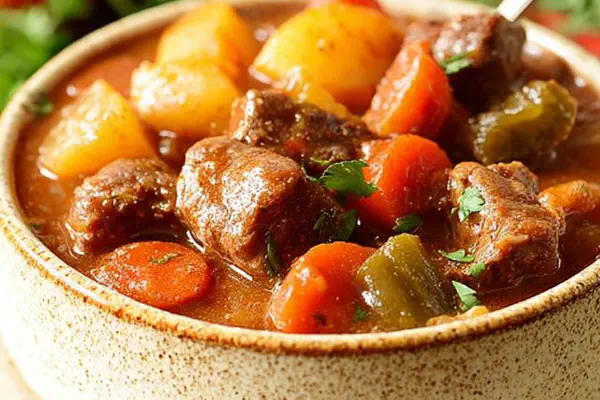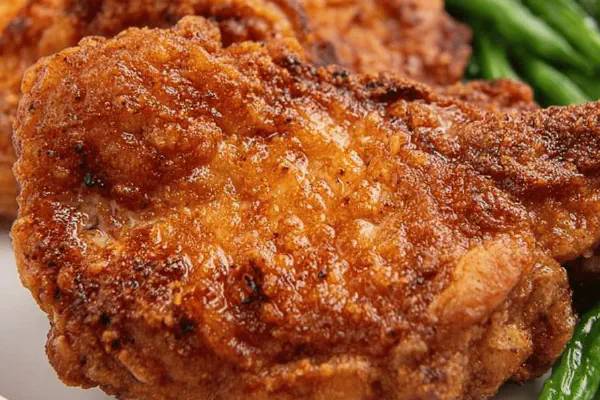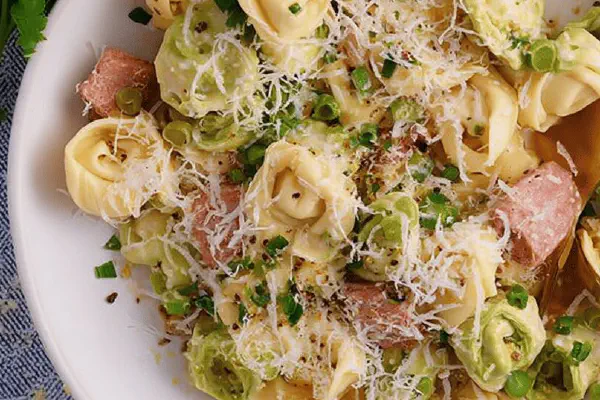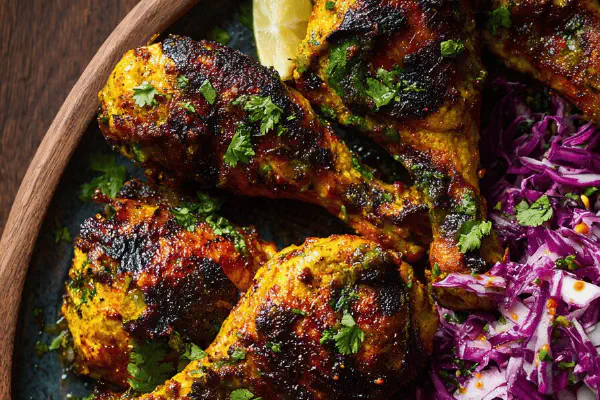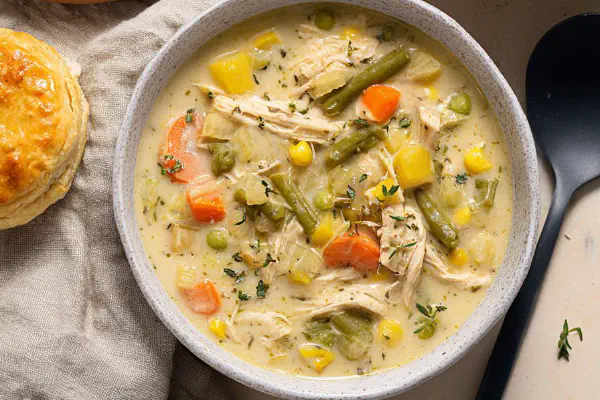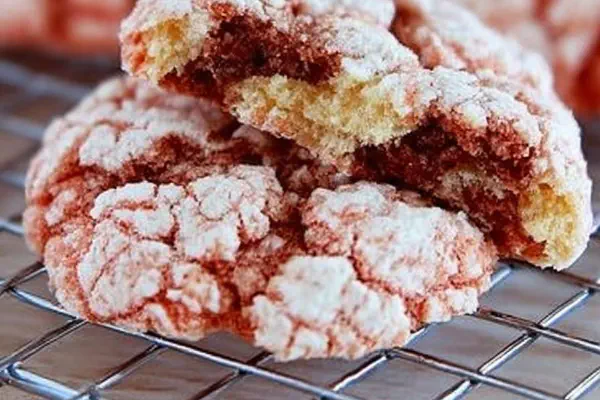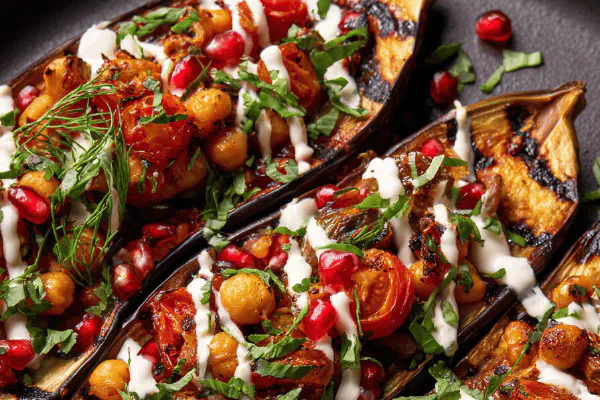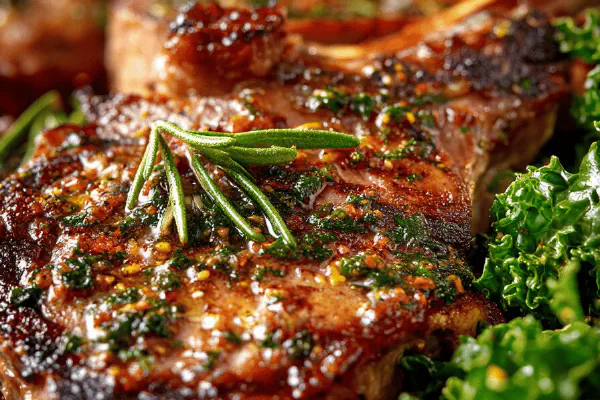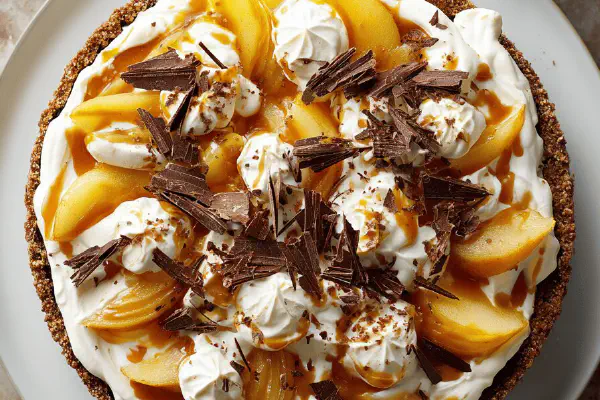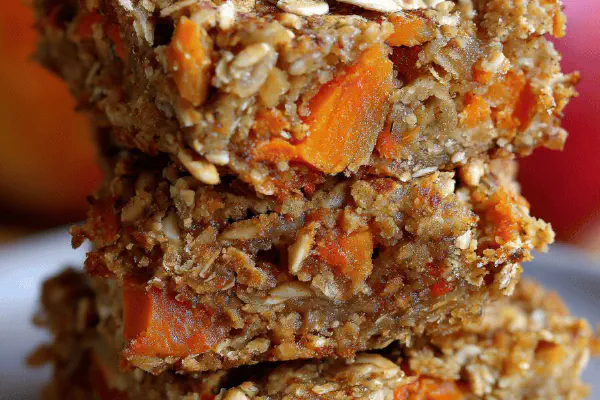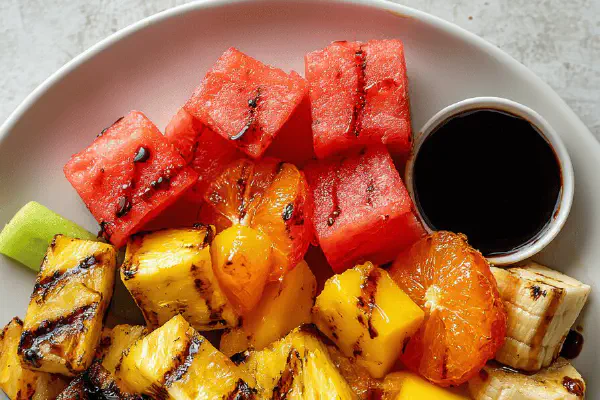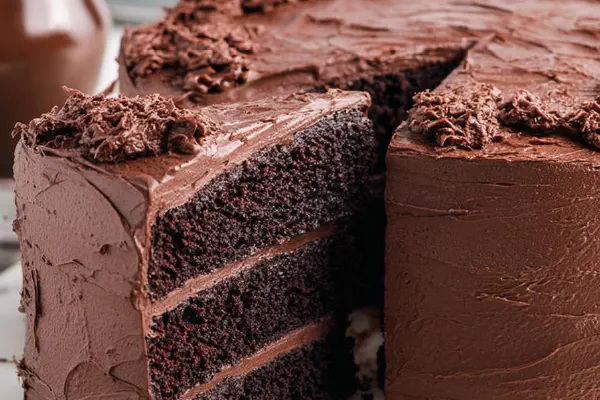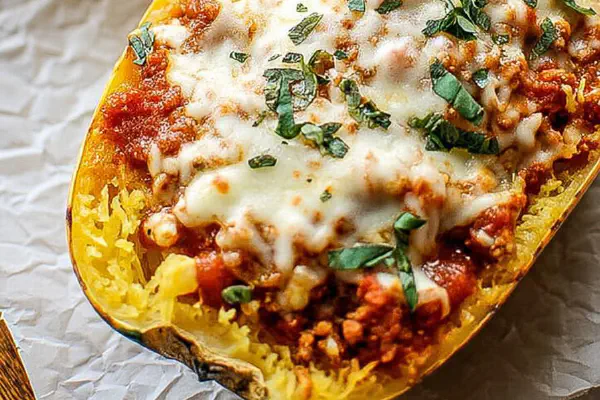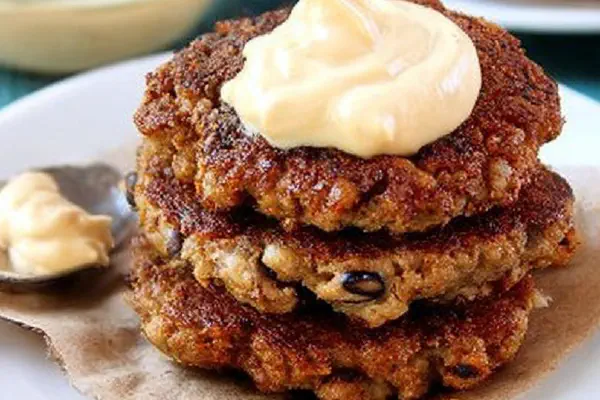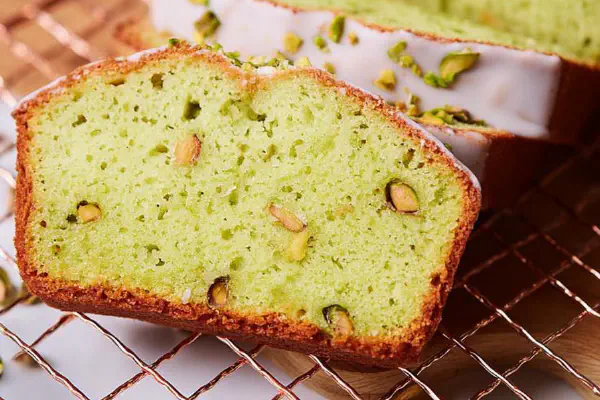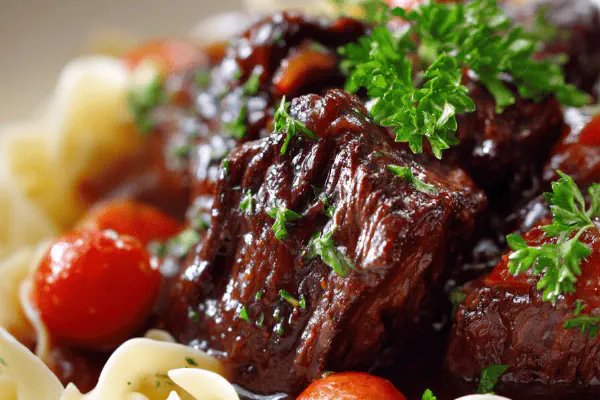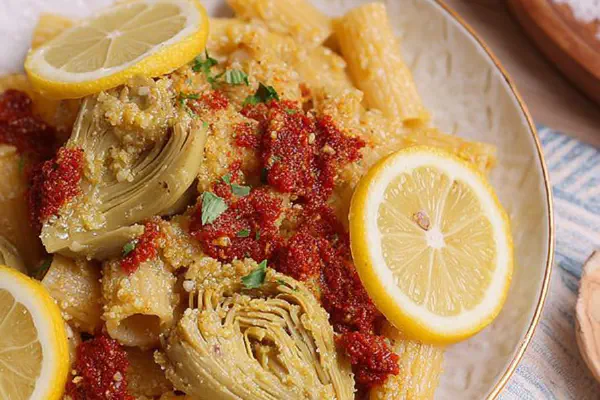
Featured Recipe
Twisted Spätzles
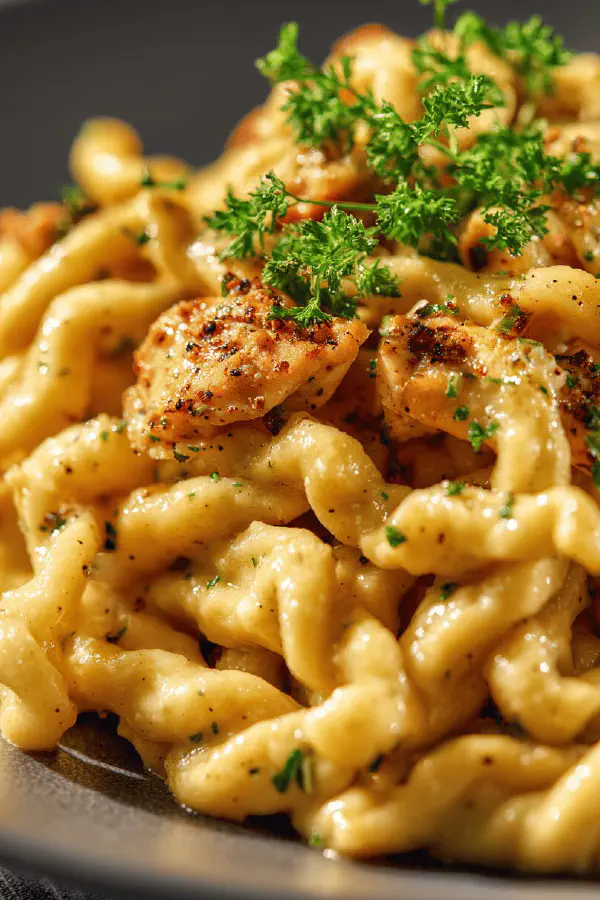
By Kate
"
Fresh Alsace-style noodles. Flour swapped for half white whole wheat. Eggs reduced. Nutmeg replaced by ground white pepper. Water swapped with sparkling mineral water for airiness. Butter replaced with olive oil. Cook, chill, brown. Serve with Riesling chicken or sauce-heavy dishes.
"
Prep:
12 min
Cook:
18 min
Total:
30 min
Serves:
6 servings
pasta
sides
vegetarian
Alsace
quick recipes
Introduction
Noodles. Fresh. Alsace style twisted. Whole wheat sneaks in, less egg, white pepper bites where nutmeg sat. Sparkling water brings bubbles, air, lightness. Oil swaps butter. Cook. Chill. Sauté. Crispy edges. Crunch meets tenderness. Riesling chicken waiting or any thick sauce craving base. Quick steps, big flavor shift, heritage tweak. No fuss, just layered textures. Bite in—simple but not sleepy. Noodles with a subtle whirl around stripes of tradition and new twists.
Ingredients
In The Same Category · Noodle Dishes
Explore all →About the ingredients
Using half white whole wheat flour adds bite and texture without losing the soft chewiness typical of spätzles. Cutting eggs by one makes batter lighter, not too eggy. White pepper replaces nutmeg for a different warmth, less sweetness. Sparkling water lifts the gluten in mixing, creating a lighter noodle structure. Olive oil instead of butter makes the browning a little fruitier, less saturated fat. Salt is still key, don’t skimp so noodles aren’t flat. Let batter rest for gluten to settle before pressing out noodles. Chill step locks structure.
Method
Technique Tips
Mixing order matters—flour and seasonings first, well then wet ingredients. Resting batter for several minutes helps hydrate flour perfectly. Use a colander with large holes or potato ricer, pressing batter over bowl first, then over boiling water for controlled noodle drop. Ice water bath stops cooking and sets texture—don’t skip or noodles get mushy. Toss in oil gently to avoid clumping. Browning in skillet after boiling adds color, crispy texture; do it in batches so noodles brown evenly. Serve immediately—leftovers reheat but lose crunch.
Chef's Notes
- 💡 Mix flour and seasonings first then the wet stuff. Rest your batter. This helps the gluten hydration. Don't rush it. Critical for the texture.
- 💡 Use a colander with big holes or potato ricer. Push batter over bowl first. Control drops into boiling water. This helps shape the noodle. Less clumping.
- 💡 Chill noodles in ice water. Stops cooking fast. Lock in structure. Keeps noodles from getting mushy. Very important. Don't skip this step.
- 💡 Brown noodles in batches. Prevents overcrowding. They need space to get crispy. Add olive oil, season well. Really enhances flavors. Pay attention.
- 💡 Serve immediately after browning. Noodles lose crunch when reheated. Textures change. Best fresh. Make leftovers for lunch or dinner, just not ideal.
Kitchen Wisdom
How can I adjust spätzles for gluten-free diets?
Try a gluten-free flour blend. Adjust liquid amounts. Texture will vary. Test with smaller batches.
Can I make spätzles ahead of time?
Yes but chill them well. Store in refrigerator. Reheat on skillet before serving. They lose crispness though.
What if my noodles are too sticky?
Add a bit more flour into batter. Less sparkling water might help too. Texture should change into a smoother mix.
How long do these noodles last?
Refrigerate for 2-3 days. They're best on day of making. Freeze for longer life but texture can change.
